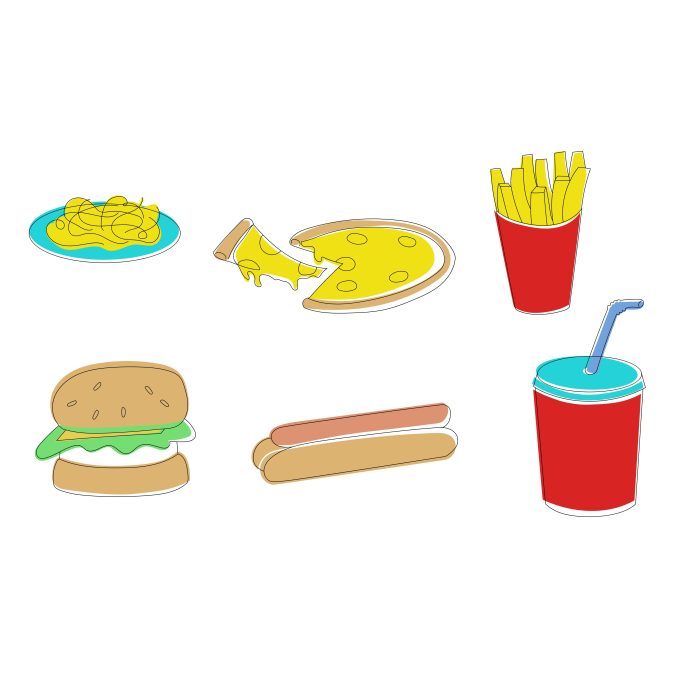
Managing your diet is crucial when dealing with high blood pressure and diabetes.
Both conditions are heavily influenced by what you eat, and certain foods can exacerbate the risks associated with these health issues.
This review will cover foods that are best avoided if you have high blood pressure, diabetes, or both, using simple language and backed by research evidence.
High blood pressure, or hypertension, occurs when the force of the blood against the artery walls is too high, while diabetes is characterized by high blood sugar levels due to the body’s inability to produce or use insulin effectively.
The common thread between these conditions is that both can be managed, at least in part, by dietary choices.
One major culprit for both high blood pressure and diabetes is excessive salt intake. Salt, or sodium chloride, increases blood pressure by holding excess fluid in the body, putting extra burden on the heart.
The American Heart Association recommends no more than 2,300 milligrams of sodium per day, with an ideal limit of no more than 1,500 milligrams for most adults, especially those with high blood pressure.
Common high-sodium items include processed foods like deli meats, canned soups, pizza, and fast food. Reading labels to check for sodium content can help you avoid these hidden salt traps.
Sugar is another ingredient to watch. For individuals with diabetes, managing sugar intake is crucial to control blood sugar levels. But sugar can also impact blood pressure.
Foods high in sugar, especially sugary drinks like sodas, some juices, and energy drinks, can lead to weight gain, which is a risk factor for both high blood pressure and diabetes.
Additionally, a high intake of refined sugars and carbs can lead to an increased risk of developing type 2 diabetes.
Fats play a complex role in our diet. Trans fats and saturated fats are particularly harmful as they can worsen insulin resistance and increase blood pressure. These fats are commonly found in fried foods, baked goods like pastries and cookies, and anything made with hydrogenated oils.
Instead, focus on foods with healthy fats, like avocados, nuts, and olive oil, which can help improve blood lipid profiles and enhance insulin sensitivity.
Red meat and full-fat dairy products are also on the watch list. These foods are high in saturated fats, which can raise the levels of bad cholesterol in your blood and exacerbate both high blood pressure and diabetes.
Leaner protein sources, such as chicken, fish, and plant-based proteins like lentils and beans, are better alternatives.
Alcohol consumption needs moderation. Drinking excessive amounts of alcohol can raise your blood pressure and reduce the effectiveness of blood pressure medications.
For people with diabetes, alcohol can cause either high or dangerously low blood sugar levels depending on the amount consumed and if food is eaten at the same time.
Lastly, refined grains like white bread and white rice should be limited. These foods have a high glycemic index, meaning they cause blood sugar levels to spike quickly.
Whole grains, which have a lower glycemic index and provide more nutrients, are a better choice as they help maintain steady blood sugar and insulin levels.
In conclusion, managing what you eat plays a pivotal role in controlling high blood pressure and diabetes.
Avoiding high-salt foods, cutting back on sugar, limiting unhealthy fats, reducing red meat and full-fat dairy products, moderating alcohol, and choosing whole grains over refined ones can all help manage these conditions.
Making these dietary changes isn’t just about avoiding specific foods; it’s about setting a foundation for a healthier lifestyle that enhances your overall well-being. Regularly consulting with healthcare providers and possibly a nutritionist can also provide personalized guidance and support.
If you care about diabetes, please read studies that pomace olive oil could help lower blood cholesterol, and honey could help control blood sugar.
For more health information, please see recent studies that blueberries strongly benefit people with metabolic syndrome, and results showing eggs in a plant-based diet may benefit people with type 2 diabetes.
Copyright © 2024 Knowridge Science Report. All rights reserved.





